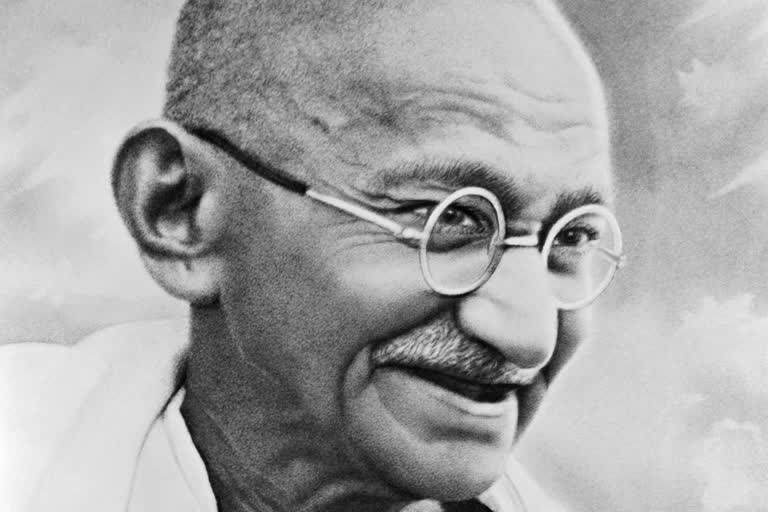Hyderabad: Mahatma Gandhi, popularly known as the father of India’s freedom struggle, is also celebrated as a great dietician. There is no doubt when we reminisce the fact that his mental and physical health played a major role in his Satyagraha.
Walking scores of kilometres require a lot of resilience and fitness. His food habits paved the way to his vision by keeping up with his aspiration. Gandhiji had compiled his health tips while he was confined in the Aga Khan Palace at Poona during 1942-1944, which was translated into English by Sushila Nayar. Gandhiji always admired our ancient scriptures owing to the abundant excerpts that were available on educating humans on living a healthy lifestyle.
Gandhi lived a life of Yogi and practised 'Bramacharyam' which emphasize on controlling sense organs through the medium of diet-control. Fasting is not synonymous to restricting food but it is equivalent to restraining oneself from unhealthy junk.
He described human body as a composition of earth, water, vacancy, light and air; which comprises of five senses of action, i.e. hands, feet, mouth, anus and the genitals, and the five senses of perception, i.e. the sense of touch through the skin, of smell through the nose, of taste through the tongue, of seeing through the eyes and of hearing through the ears.
He described indigestion as the sole cause of all the major ailments, which is a symptom of disorder in the elements, and suggested several traditional remedies.
Gandhiji followed a strict vegetarian diet comprising of grains, pulses, edible roots, tubers, green leaves, fresh & dry fruits and milk & milk products.
He always refused to take medicine and tried to cure his illness through alterations in his diet. His food habits were evident in his quote – “Food should be taken as a matter of duty-even as a medicine-to sustain the body, never for the satisfaction of the palate.”
He always advocated the intake of warm beverages like herbal tea and coffee but in smaller quantities. He was totally against intoxicants like alcohol, tobacco and drugs, as he believed that they affect the reasoning capabilities and imbalance the regular metabolic activities in our body.
Gandhiji believed the fact that a healthy mind leads to a healthy body. He said that the only way to achieve this is to never keep the mind idle and suggested repetition of God’s name as a solution.
He always reminded the followers of Satya and Ahimsa to abstain from erotic literature and indecent talks.
Similarly, he opined that the body must also be immersed in tasks like Yoga and other exercises as lethargy leads to sickness. He believed that health is wealth which manifests in his extract – “It is health that is the real wealth and not pieces of gold and silver."




